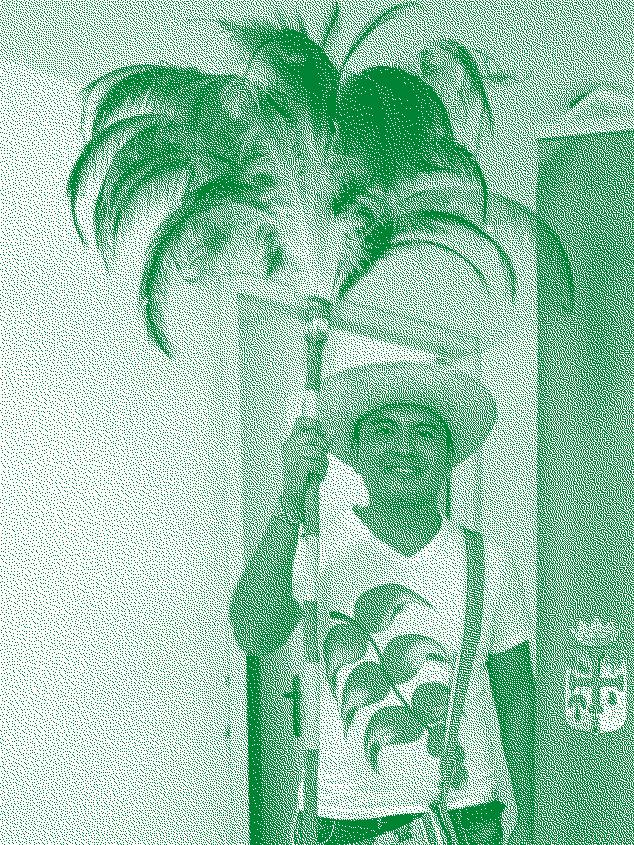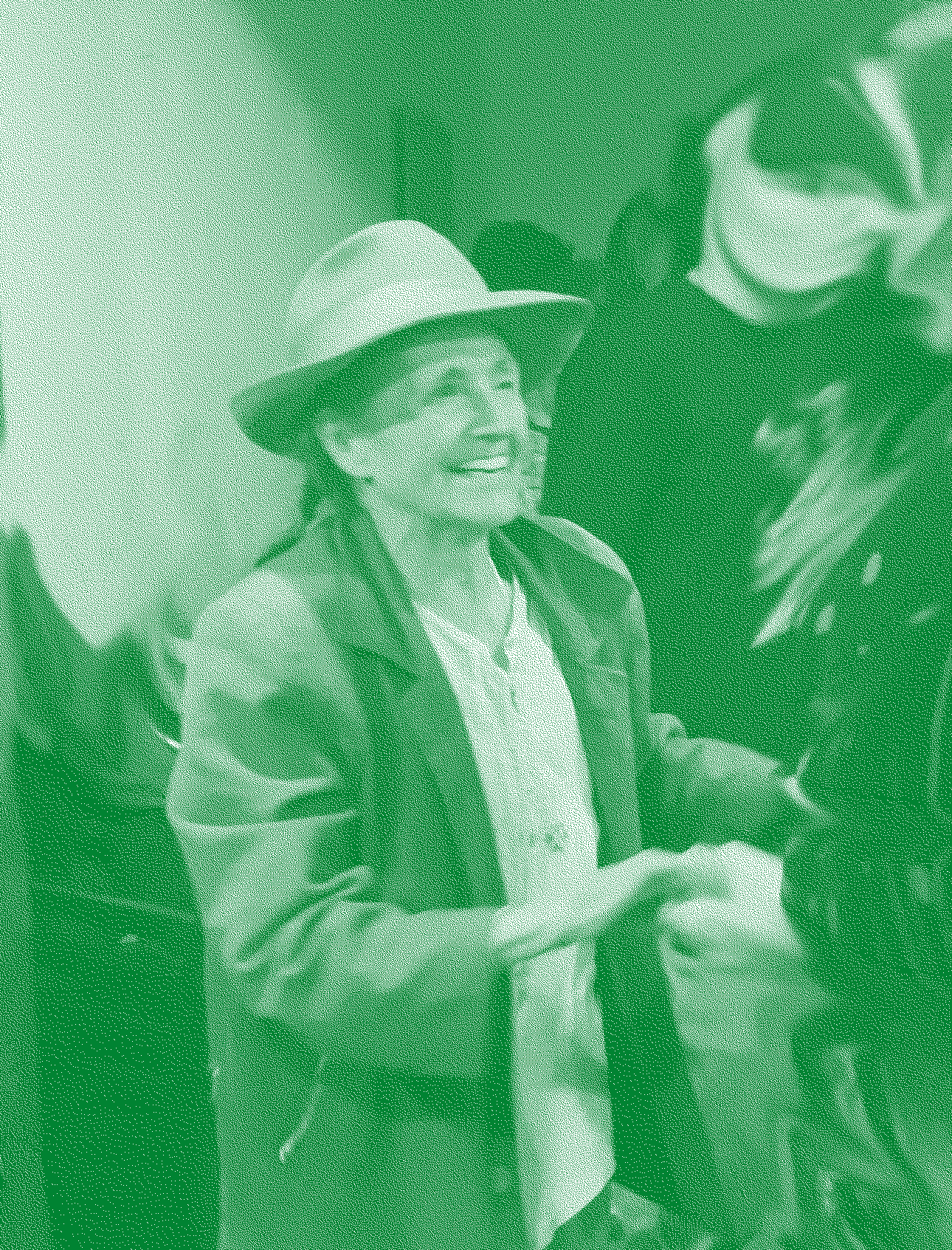Rethinking Value through Climate Alchemy and Collectivity
Conversation with Baraka Leo
























Embodied Climate Agency (eca) is an intersectional and interdisciplinary platform committed to decentralizing and diversifying climate knowledge and defending cognitive justice as a means to redistribute agencies and achieve inclusive climatic co-responsabilities. eca seeks to legitimize embodied climate knowledge and inclusive life policies, sustaining that those at the forefront of climate impact should also be at the forefront of discourse.
As an ecosystem dedicated to fostering plural forms of reparations and cross-border collaborations that transcend historical hierarchical structures, eca gathers and disseminates embodied and situated knowledge about the climate crisis through conversations and learning spaces with climate witnesses as climate experts. Through the collection of testimonies from climate witnesses from extracted areas, eca aims to diversify discussions on climate issues and promote inclusive and situated ecological co-responsibilities.
At eca, we assert that embracing a plurality of situated responses allows for diverse climate approaches could lead to more comprehensive and equitable ecological policies and practices. For eca, a climate witness is anyone who has experienced a climate-related phenomenon firsthand and feels affected by it; anyone who feels addressed by the term.
eca reaches communities directly exposed to climatic hazards. It responds to their needs by being a channel of visibility beyond victimhood, redistributing agencies a co-responsbailities. It has been nourished by the contributions of Abdulmazhitova Aisuluu (Almaty, Kazakhstan), Abdulmazhitova Aziz (Almaty, Kazakhstan), Esther Aragón (Buenaventura, Colombia), Baraka Leo (Dar Es Salaam, Tanzania) Silvia Rivera Cusicanqui (La Paz, Bolivia), Esteiman Dario (Guaviare, Colombia), José Eduardo Sánchez Díaz (Guaviare, Colombia), Toribio Miguel Expositó (La Palma, Spain), Paula García (Barichara, Colombia), Felipe Medina (Barichara, Colombia), Khristen Quiambao (Papanga, The Philippines), Juliana Andrea Albarracin Silva (Guaviare, Colombia), Erwin Torio (Papanga, The Philippines), Miguel Valdivia (Asunción, Paraguay), Ching Y U (Taipei, Taiwan).
eca is initiated by artist, researcher and educator Daniela Medina Poch.
There are four main causes that eca seeks to address: 1. To challenge the frames of cognitive legitimacy in relation to climate-related knowledge. At eca, we defend the value of situated and embodied knowledge and constantly ask: What kind of knowledge? From whom? And for what purpose? What type of information has the legitimacy to be rendered as knowledge?
2. To subvert the cognitive hierarchies and structures that currently shape the climate discourse. Who is leading the current discourse on the climate crisis? Which voices are being heard, and which remain unheard? Some of these hierarchies are inherited from modern-colonial logics and reproduce violent exclusions of a plurality of voices, visions, and types of knowledge that are key to gaining a deeper understanding of the climate crisis. Diversification of discourses should happen not only as an act of solidarity but also because other discourses are valuable.
3. Re-examining the connotations around climate witnesses: ● Beyond victimhood and othering. ● Beyond the rhetoric of rescue and assistentialism. ● Beyond any association that underestimates their agency or knowledge. This is why at eca, instead of saying climate refugees, we say climate witnesses. For eca, climate witnesses are climate experts. This rephrasing of terminologies also represents a potential redistribution of resources, as a climate expert will always be better compensated than a climate refugee.
4. To think of ways in which the climate crisis can be graspable, translatable, and respondable, to build epistemic bridges between humans and other animate and inanimate beings. To think of scale-mediation and scale-translation and to create ways for individual and collective advocacy in relation to the circumstances and possibilities present. This is why we work with direct testimonies, which include firsthand experiences.
info@embodiedclimateagency.net
